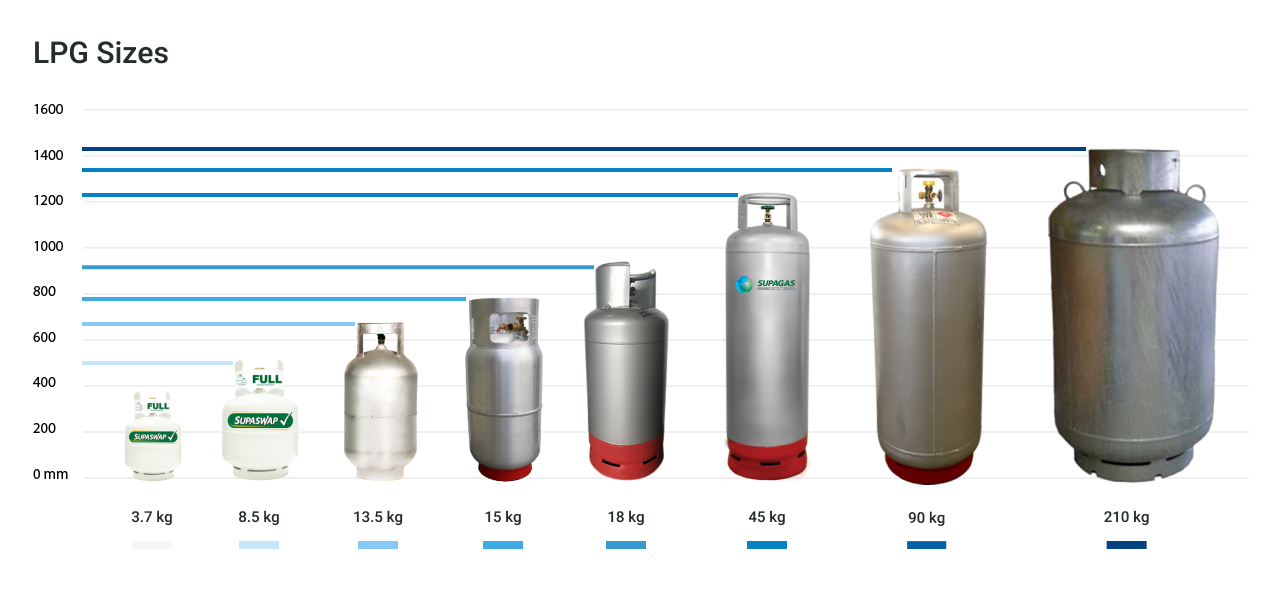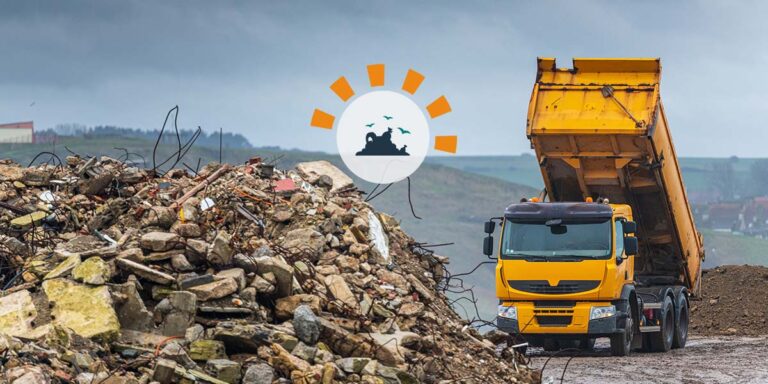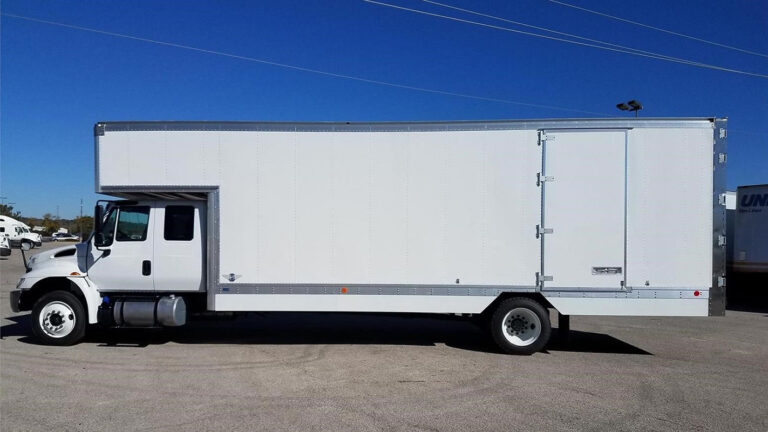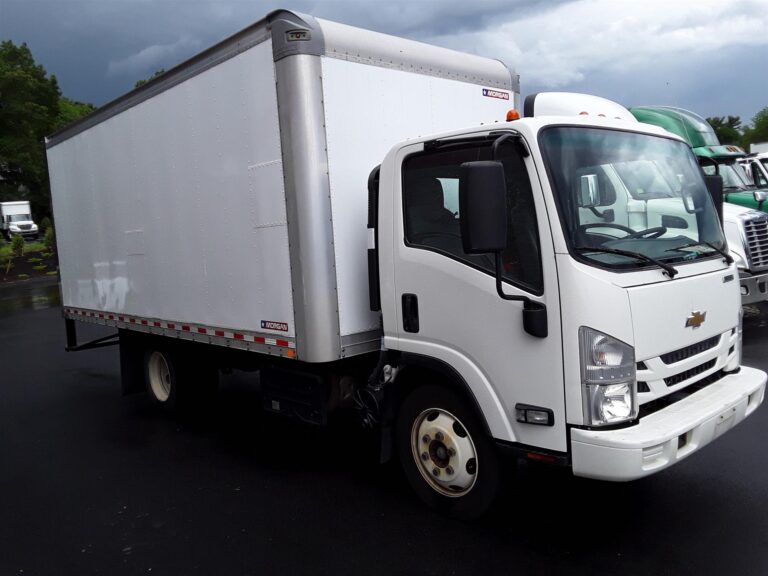Gas Trucking Jobs: A Comprehensive Guide to a High-Demand Career
Gas Trucking Jobs: A Comprehensive Guide to a High-Demand Career cars.truckstrend.com
In the vast landscape of the American economy, few roles are as critical yet often unseen as that of the gas truck driver. These specialized professionals are the backbone of our energy supply chain, ensuring that homes are heated, vehicles are fueled, industries operate, and essential services run smoothly. Gas trucking jobs involve the safe and efficient transportation of various gaseous and liquid petroleum products, from natural gas and propane to gasoline, diesel, and industrial gases like oxygen and nitrogen. It’s a field that demands precision, responsibility, and an unwavering commitment to safety, offering a challenging yet highly rewarding career path for dedicated individuals.
This comprehensive guide will delve into the intricacies of gas trucking jobs, exploring what makes this sector unique, the benefits it offers, the qualifications required, and the daily realities of life on the road.
Gas Trucking Jobs: A Comprehensive Guide to a High-Demand Career
What is Gas Trucking? A Vital Link in the Energy Chain
At its core, gas trucking is the specialized hauling of hazardous materials (HazMat) in bulk. Unlike general freight, the cargo is often flammable, explosive, corrosive, or cryogenic, requiring highly specialized equipment and an advanced understanding of safety protocols. The types of products transported under the umbrella of gas trucking jobs are diverse:
- Liquid Petroleum Gas (LPG): Primarily propane and butane, used for heating, cooking, and industrial applications.
- Liquefied Natural Gas (LNG): Natural gas chilled to a liquid state for transport, often for power generation or industrial use.
- Petroleum Products: Gasoline, diesel fuel, jet fuel, and heating oil, vital for transportation and heating.
- Industrial Gases: Oxygen, nitrogen, argon, hydrogen, helium, and carbon dioxide, crucial for manufacturing, healthcare, and research.
- Cryogenic Liquids: Super-cold liquids like liquid oxygen or nitrogen, used in various high-tech and industrial processes.

Due to the inherent risks associated with these materials, gas trucking jobs are among the most heavily regulated and safety-conscious segments of the trucking industry. Every aspect, from vehicle specifications to driver training and operational procedures, is governed by stringent federal and state regulations, making expertise and diligence paramount.
Why Choose a Career in Gas Trucking? Benefits and Rewards
For those willing to meet the rigorous demands, gas trucking jobs offer a compelling array of benefits that often surpass those found in general freight hauling:
- High Demand and Job Security: Energy is a constant need. As long as homes need heating, cars need fuel, and industries require specialized gases, the demand for qualified gas truck drivers will remain robust. This translates into excellent job security and consistent work opportunities.
- Competitive Pay: Due to the specialized nature of the cargo, the high level of responsibility, and the required endorsements, gas trucking jobs typically offer significantly higher pay than many other trucking sectors. Experienced drivers can earn a very comfortable living.
- Specialized Skills and Expertise: This field isn’t just about driving; it involves a deep understanding of hazardous materials, loading/unloading procedures, emergency response, and complex safety protocols. Developing these skills provides a sense of accomplishment and makes you a highly valued professional.
- Variety of Routes and Schedules: Depending on the company and the type of gas transported, drivers can find opportunities in local, regional, or over-the-road (OTR) capacities. Some roles offer dedicated routes, while others involve more varied schedules, catering to different lifestyle preferences.
- Contribution to Society: Gas truck drivers play a vital, often unheralded, role in keeping the economy moving and communities functioning. Powering homes, businesses, and transportation systems provides a tangible sense of purpose.
- Modern Equipment: Companies in the gas trucking sector often invest heavily in state-of-the-art trucks and trailers equipped with advanced safety features and technology, providing drivers with a comfortable and reliable work environment.


Essential Qualifications and Training for Gas Trucking Jobs
Embarking on a career in gas trucking requires more than just a Commercial Driver’s License (CDL). It demands specific endorsements and a commitment to continuous learning:
- Class A Commercial Driver’s License (CDL-A): This is the foundational requirement for operating combination vehicles.
- Hazardous Materials (HazMat) Endorsement (H): Absolutely essential. This endorsement requires a background check and a written test demonstrating knowledge of HazMat regulations, handling, and emergency procedures.
- Tanker Endorsement (N): Required for transporting liquid or gaseous materials in bulk containers. This involves understanding the dynamics of liquid surge and safe loading/unloading.
- Transportation Worker Identification Credential (TWIC): Necessary for drivers who will access secure areas at ports, refineries, and other facilities where hazardous materials are loaded or unloaded.
- Clean Driving Record: Companies in this sector have extremely strict requirements regarding driving history due to the high-risk nature of the cargo. Any significant violations can disqualify an applicant.
- Physical Requirements: Drivers must pass a Department of Transportation (DOT) physical examination and undergo regular drug and alcohol screenings.
- Experience: While some companies may hire entry-level drivers for specific types of gas (e.g., local propane delivery), most gas trucking jobs for volatile fuels or industrial gases require at least 1-2 years of verifiable CDL experience, preferably with HazMat and tanker experience.
- Specialized Company Training: Beyond the basic endorsements, companies provide extensive in-house training specific to the products they haul, including detailed loading/unloading procedures, emergency protocols, and the use of specialized equipment.
The Day-to-Day of a Gas Truck Driver
A typical day for someone in gas trucking jobs is far from monotonous, combining driving with a significant amount of meticulous, safety-critical work:
- Rigorous Pre-Trip Inspections: Before hitting the road, drivers conduct exhaustive inspections of their truck, trailer, and all associated equipment. This includes checking for leaks, proper hose connections, gauge functionality, tire pressure, and all safety features unique to tanker operations.
- Loading and Unloading Procedures: This is arguably the most critical part of the job. Drivers must precisely follow detailed protocols for connecting hoses, grounding the tanker, monitoring fill levels and pressures, and ensuring no spills or leaks. This process requires extreme precision and adherence to safety guidelines, often involving specialized personal protective equipment (PPE).
- Route Planning and Navigation: Drivers must plan routes carefully, considering weight restrictions, bridge clearances, hazardous material route restrictions, and potential traffic. Knowledge of local regulations and facility access points is crucial.
- In-Transit Monitoring: While driving, drivers are constantly aware of their cargo. They monitor gauges, listen for unusual sounds, and account for the dynamic nature of liquids in motion (liquid surge) to maintain stability.
- Documentation and Compliance: Maintaining accurate logbooks, bills of lading, HazMat manifests, and other required paperwork is a daily task, ensuring compliance with all federal and company regulations.
- Emergency Preparedness: Gas truck drivers are trained to respond to emergencies, understanding spill containment, fire suppression, and communication protocols. While rare, being prepared is non-negotiable.
- Customer Interaction: Drivers often interact directly with customers at fueling stations, industrial plants, or residential locations, requiring good communication and professionalism.
Navigating the Challenges in Gas Trucking Jobs
While rewarding, gas trucking jobs come with their unique set of challenges that prospective drivers must be prepared for:
- Strict Regulations and Compliance: The industry is heavily regulated by agencies like the DOT, EPA, and OSHA. Drivers must stay updated on changing rules and maintain meticulous records, as non-compliance can lead to severe penalties.
- High-Stakes Safety Risks: Handling volatile, flammable, or cryogenic materials inherently carries risks. While safety protocols are robust, the potential for accidents, spills, or explosions means drivers must maintain constant vigilance and adhere strictly to procedures.
- Physical and Mental Demands: Long hours, irregular schedules, and the need for intense focus can be physically and mentally taxing. Coupling/uncoupling heavy hoses, climbing onto tankers, and working in various weather conditions add to the physical demands. The high level of responsibility for public safety can also be a source of stress.
- Environmental Concerns: The potential for environmental damage from spills makes adherence to containment and cleanup protocols critical. Drivers are often the first line of defense in preventing ecological harm.
- Background Checks and Security Clearances: The rigorous screening process for HazMat endorsements and TWIC cards can be lengthy, requiring patience and a completely clean record.
Tips for Aspiring Gas Truckers
If gas trucking jobs sound like the right fit for you, here are some actionable insights to help you get started:
- Gain General Trucking Experience First: If you’re new to trucking, consider starting with general freight to build your CDL experience, hone your driving skills, and establish a clean driving record before transitioning into HazMat.
- Obtain All Necessary Endorsements Early: Don’t wait until you’re applying for gas trucking jobs. Get your HazMat (H) and Tanker (N) endorsements as soon as you can. Also, apply for your TWIC card.
- Prioritize Safety Above All Else: In this field, safety isn’t just a buzzword; it’s the core of the job. Demonstrate your commitment to safety in every action and during every interview.
- Research Companies Thoroughly: Look into companies specializing in gas transportation. Research their safety records, training programs, compensation packages, and company culture. Some focus on petroleum, others on propane, and some on industrial gases.
- Network with Experienced Drivers: Talk to current gas truck drivers. Their insights can provide invaluable real-world perspectives on the job, the companies, and the challenges.
- Be Prepared for Extensive Training: Even with your endorsements, expect to undergo significant company-specific training, which can last several weeks or even months, depending on the complexity of the cargo.
- Maintain a Pristine Driving and Personal Record: Any blemishes on your driving record or criminal history can severely impact your chances of securing a HazMat endorsement or TWIC card, which are non-negotiable for these roles.
Gas Trucking Jobs: Salary and Compensation Overview
The compensation for gas trucking jobs is generally higher than for many other trucking sectors, reflecting the specialized skills, risks, and responsibilities involved. Salaries can vary significantly based on experience, location, the specific type of gas transported, and the company.
Here’s a general overview of typical salary ranges:
| Experience Level | Type of Gas/Cargo | Typical Annual Salary Range (USD) | Additional Benefits/Bonuses |
|---|---|---|---|
| Entry-Level | Propane (Local), Petroleum (Fuel) | $60,000 – $80,000 | Health, Dental, Vision, 401(k), Paid Time Off |
| Mid-Career (2-5 yrs) | Petroleum, LNG, Industrial Gases | $80,000 – $110,000 | Performance Bonuses, Safety Incentives, Higher PTO |
| Experienced (5+ yrs) | LNG, Cryogenic, Highly Specialized | $100,000 – $150,000+ | Retention Bonuses, Fuel Efficiency Bonuses, Premium Benefits |
Note: These figures are estimates and can fluctuate based on market demand, regional differences, and specific company policies. Many companies also offer attractive benefits packages including comprehensive health insurance, retirement plans, paid time off, and various performance-based bonuses.
Frequently Asked Questions (FAQ) about Gas Trucking Jobs
Q1: Is HazMat training difficult?
A1: The HazMat endorsement test requires diligent study of regulations, placarding, and emergency procedures. It’s not inherently "difficult" but demands serious preparation and a commitment to understanding complex safety rules.
Q2: What’s the typical work schedule for a gas truck driver?
A2: It varies. Local fuel delivery drivers might work consistent day shifts, while regional or OTR drivers for industrial gases or LNG might have irregular schedules, including nights, weekends, and holidays, depending on customer demand. Dedicated routes can offer more predictability.
Q3: Do I need to be physically strong for this job?
A3: While you don’t need to be a bodybuilder, the job does require physical stamina. You’ll be climbing in and out of the cab, coupling/uncoupling trailers, and connecting heavy hoses, which requires a reasonable level of strength and agility.
Q4: What are the career advancement opportunities in gas trucking?
A4: Experienced gas truck drivers can advance into roles like driver trainers, safety managers, dispatchers, or even fleet managers within a trucking company. Their specialized knowledge is highly valued.
Q5: Is gas trucking safe?
A5: Yes, relatively. While the cargo is hazardous, the industry has exceptionally high safety standards, rigorous training, and modern equipment designed to mitigate risks. Accidents are rare due to strict adherence to protocols, but the potential consequences mean constant vigilance is required.
Q6: How long does it take to become a gas trucker?
A6: After obtaining your Class A CDL (which can take 3-6 weeks), you’ll need to acquire HazMat and Tanker endorsements (a few days to weeks of study/testing). Most companies prefer at least 1-2 years of general CDL experience before hiring for gas hauling. After hiring, there’s often several weeks to months of company-specific training. So, from scratch, it could be 2-3 years to become a fully qualified and experienced gas trucker.
Conclusion
Gas trucking jobs represent a specialized, demanding, yet highly rewarding segment of the transportation industry. It’s a career path for individuals who are meticulous, responsible, safety-conscious, and thrive on challenge. From delivering the fuel that powers our daily lives to transporting critical industrial gases, these drivers are the unsung heroes of our modern economy. For those willing to invest in the necessary training and embrace the rigorous demands, a career in gas trucking offers excellent pay, job security, and the satisfaction of performing an essential service, making it a truly impactful and professional vocation.






